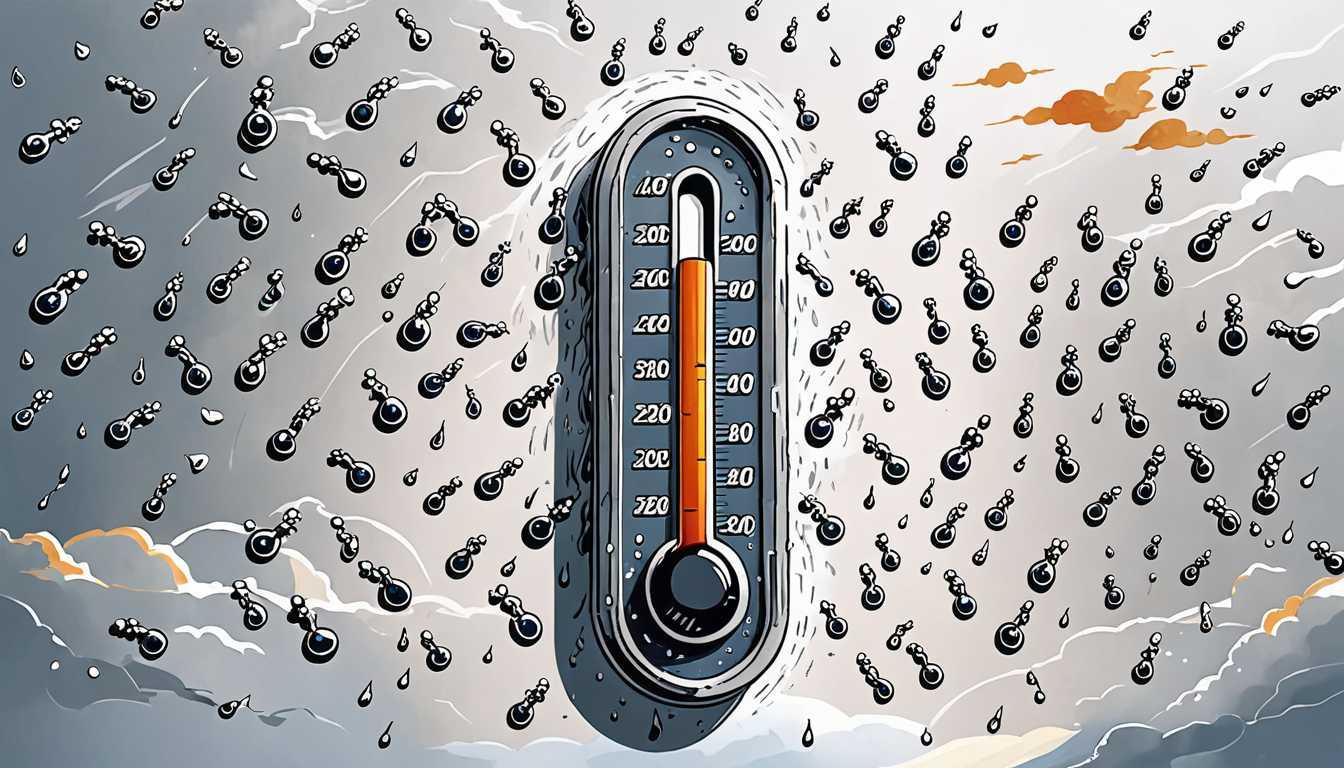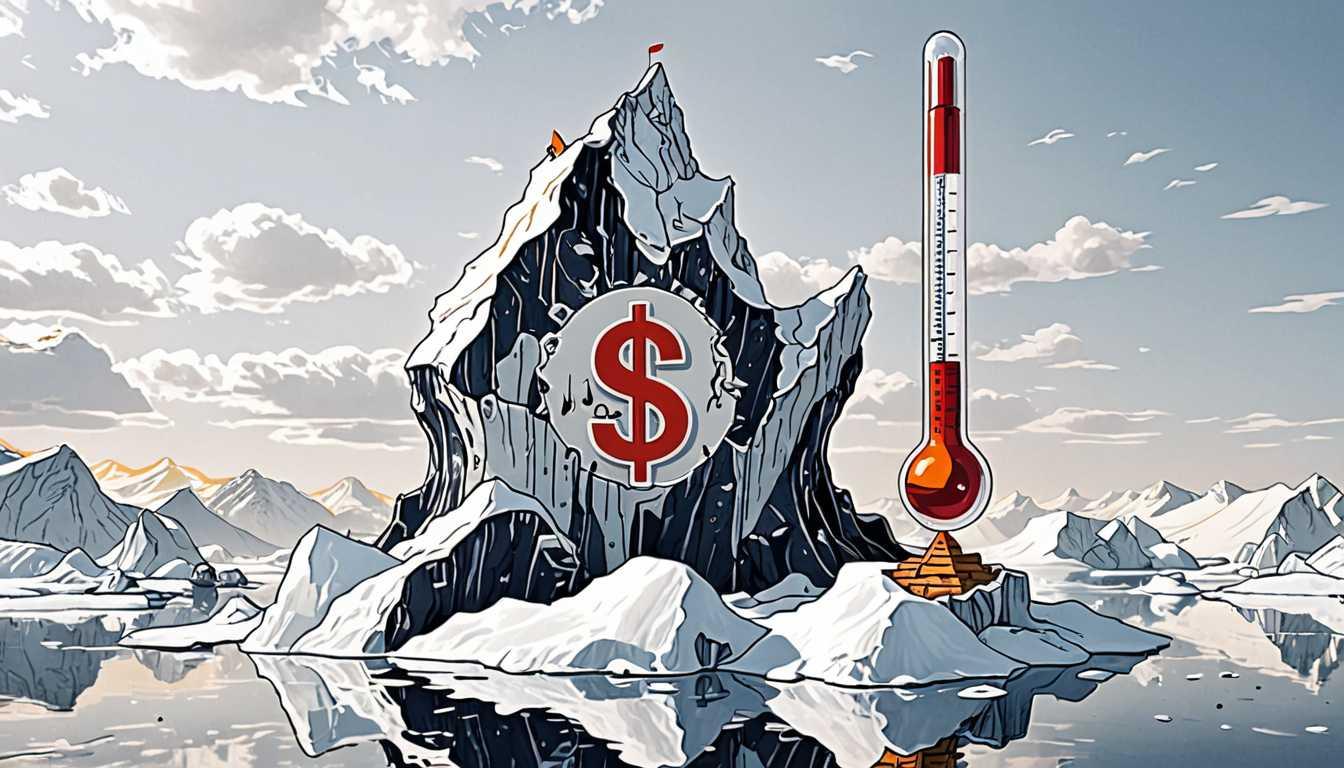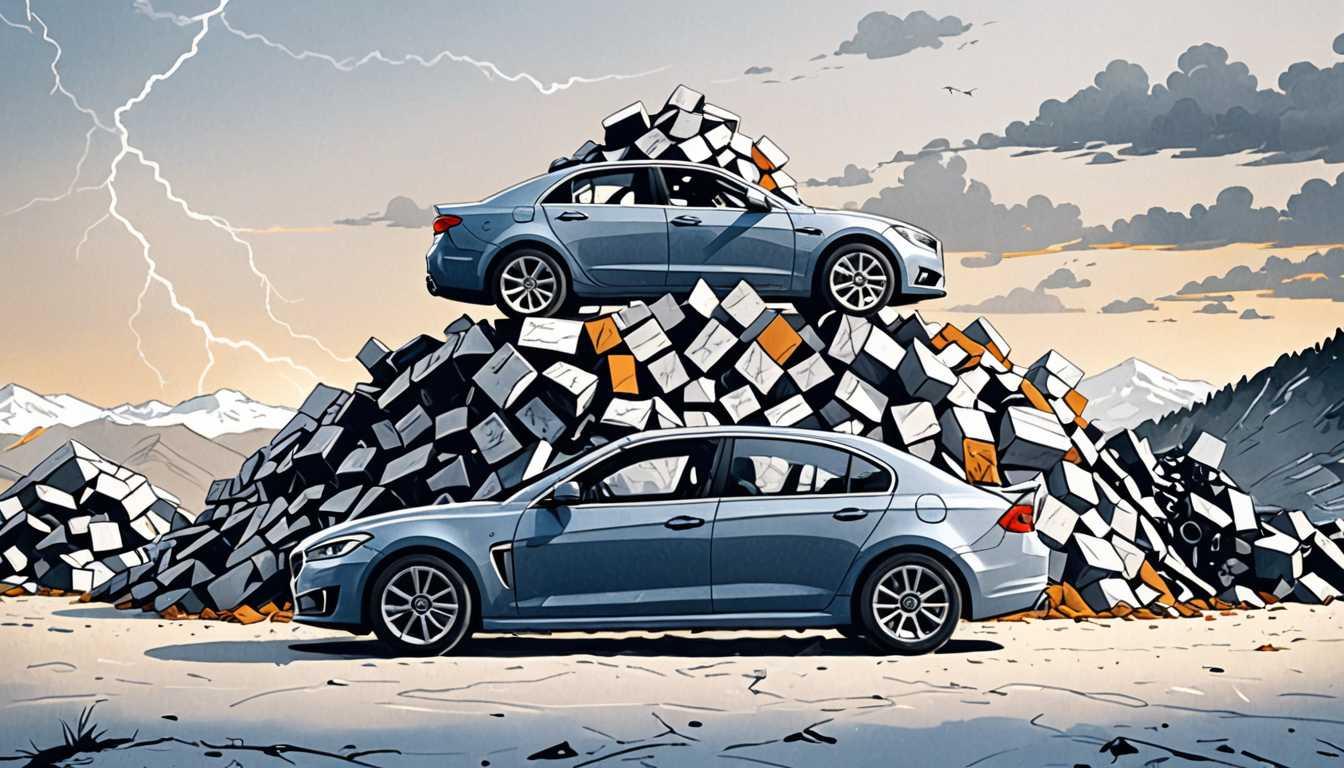EV Tax Credits: Green Light or Red Flag?
October 2024
UC Berkeley NewsCenter
Introduction
Hey there, eco-warriors! Did you know that electric vehicle (EV) tax credits from the IRA are a mixed bag? While they’re helping reduce pollution and boost American manufacturing, they might not be the best deal for taxpayers. A study involving top universities, including UC Berkeley, reveals that these credits benefit buyers more than manufacturers. Plus, switching to heavier EVs can actually increase carbon emissions! Dive into this fascinating article from UC Berkeley NewsCenter to uncover the good, the bad, and the electric!
READ FULL ARTICLEWhy It Matters
Discover how this topic shapes your world and future
Navigating the Climate Compass
Understanding the Inflation Reduction Act (IRA) is crucial because it represents a monumental shift in how countries are tackling climate change while balancing economic growth. With an investment forecast of up to $1 trillion, the IRA is designed not just to address environmental concerns but also to promote domestic manufacturing and secure supply chains. This law raises important questions about how we can transition to electric vehicles (EVs) without compromising our relationships with allies or the global economy. For you as a student, this topic connects to your future, as the decisions made today will influence the world you'll live in, the jobs you'll have, and the environment you'll experience. Engaging with these issues can inspire you to think critically and contribute to solutions for a sustainable future.
Speak like a Scholar
Inflation Reduction Act (IRA)
A law designed to tackle climate change by providing financial incentives for electric vehicles and promoting domestic manufacturing.
Electrification
The process of converting a vehicle to run on electric power rather than traditional fuels, which can help reduce pollution.
Tax Credits
Financial reductions on taxes owed, used to encourage certain behaviors, like buying electric vehicles.
Supply Chain
The network of organizations and processes involved in producing and delivering a product, from raw materials to the final customer.
Climate Pollution
Harmful emissions released into the atmosphere that contribute to climate change, often measured in terms of their impact on global warming.
Substitution Effect
An economic concept where consumers replace one product with another, often influenced by price changes or incentives.
Independent Research Ideas
Explore the impact of the IRA on electric vehicle market trends
Investigate how the subsidies have changed consumer preferences and auto manufacturers' strategies. This could unveil insights into economic behavior and market dynamics.
Examine the environmental implications of different electric vehicle models
Research how weight and design impact emissions, highlighting the complexity of clean transportation choices.
Analyze the balance of trade and environmental sustainability
Study how the IRA's policies affect relationships with foreign countries, revealing the tension between local benefits and global cooperation.
Investigate the “leasing loophole” in the IRA
Delve into the implications of this aspect on consumer behavior and its unintended consequences for the U.S. economy and the environment.
Assess the long-term effects of the IRA on job creation in green industries
Look into how this legislation influences employment in sustainable sectors and what that means for future job markets.
Related Articles

Green Jobs: Youth's Key to Earth's Future
March 2024
London School of Economics (LSE)

Energy Poverty: A Southern Heatwave?
October 2024
MIT News

Climate Change: The Economic Wake-Up Call
August 2024
Harvard Gazette

Hybrids to the Rescue: Emission Solutions!
September 2024
Harvard Gazette

Funding Future Resilience: Climate Adaptation Now
November 2024
LSE Business Review